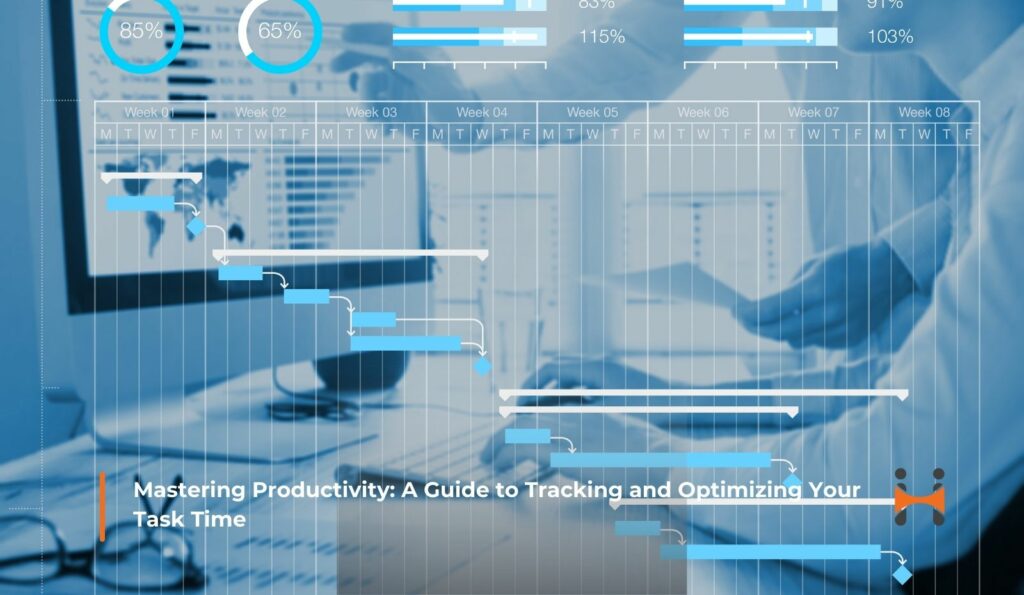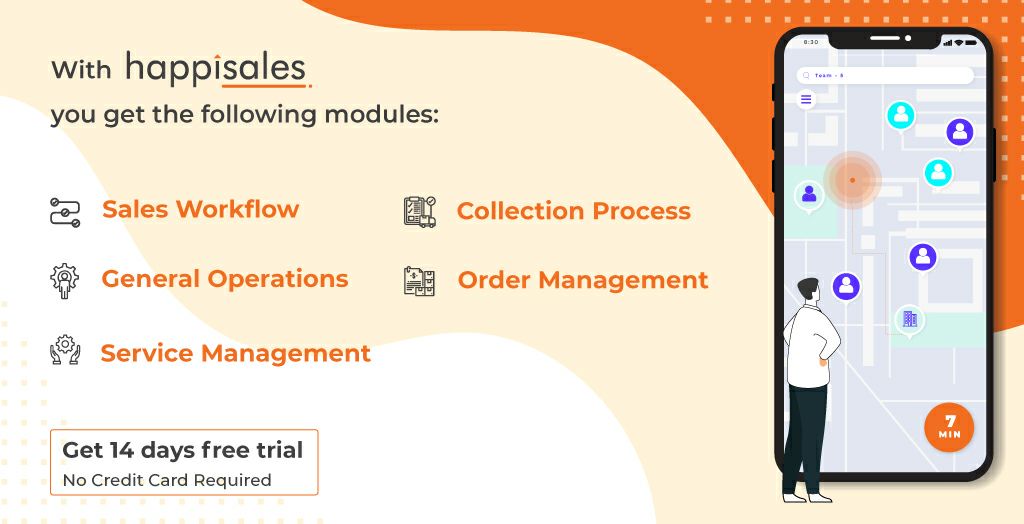Mastering Productivity: A Guide to Tracking Your Task Time Effectively

Within the whirlwind pace of modern living, where distractions are everywhere and time slips away, the pursuit of productivity has become more important than ever before. We often find ourselves struggling to manage our tasks and wondering how time seems to slip so quickly. The answer lies in tracking the time we spend on our tasks, a practice that can truly transform the way we work and greatly enhance our productivity. In this article we will explore the art of tracking time spent on tasks. Discover how it can reshape our work habits and improve our efficiency.
Understanding the Time-Productivity Connection
Time is a precious resource, but without proper management, it can easily turn into a liability. This is where the practice of tracking productive time comes into play. The act of recording the time spent on tasks serves as a mirror, reflecting your work habits and shedding light on areas that need improvement. By understanding how you allocate your time, you can make informed decisions about where to invest your efforts for maximum productivity.
The Importance of Tracking Productive Time
Have you ever reached the end of the day and wondered why you didn’t accomplish as much as you’d hoped? Tracking your productive time can provide valuable insights into this question. When you document how much time you spend on various tasks, you can identify patterns, such as which tasks consume more time than they should or when you tend to be most productive during the day.
Moreover, tracking time enhances your awareness of distractions. The modern world bombards us with notifications, emails, and social media alerts that can easily derail our focus. Through meticulous time tracking, you can pinpoint these distractions and take steps to minimize their impact on your work.
Choosing the Right Time Tracking Method
Time tracking doesn’t have to be a tedious endeavor; it can be a valuable tool that simplifies your work routine. One effective method is using digital time tracking tools like the ones available on the link provided. These tools offer user-friendly interfaces that allow you to effortlessly record the time you spend on various tasks. They often come equipped with features like categorizing tasks, setting timers, and generating comprehensive reports.
Read More : From Chaos to Control: How Field Service Management Software Saves the Day?
Another approach is manual tracking, where you maintain a log or journal of your tasks and the time you spend on each. While this method might seem more time-consuming, it can actually help you develop a deeper connection with your work. By physically writing down your tasks and time allocations, you engage with your work on a more personal level, potentially leading to a greater sense of accomplishment.
Implementing Effective Time Tracking Practices
Getting started with time tracking is the first step toward a more productive work life. Here are some practices to consider:
Set Clear Goals: Before you begin tracking time, define your goals for each task. This will help you stay focused and ensure that your efforts align with your objectives.
Allocate Time Intentionally: Assign specific time blocks to each task. This not only ensures that you dedicate sufficient time but also prevents tasks from expanding beyond their intended duration.
Embrace Breaks: Productivity isn’t about working endlessly; it’s about working smartly. Incorporate short breaks into your schedule to recharge your mind and maintain focus.
Review and Adjust: Regularly review your time tracking data to identify trends and areas for improvement. Adjust your approach based on your findings to optimize your productivity.
Be Flexible: While tracking time is essential, it’s also important to be adaptable. Unexpected tasks or challenges may arise, so be prepared to adjust your schedule accordingly.
The Psychological Impact of Time Tracking
The act of tracking time not only affects your productivity but also has a profound psychological impact. As you document your tasks and their time allocations, you become more accountable for your work. This accountability can lead to a greater sense of ownership and motivation, pushing you to make the most of your time.
Additionally, time tracking can alleviate the feeling of overwhelm. When you see your tasks neatly categorized and tracked, they become more manageable, reducing stress and enhancing your overall well-being.
In a world where distractions are abundant and time is fleeting, mastering productivity is an ongoing journey. The practice of tracking productive time spent on tasks offers a beacon of insight, guiding you toward better work habits, enhanced efficiency, and a deeper connection with your tasks.
Whether you choose digital tools or opt for manual tracking, the key is to start and stay consistent. Remember, productivity isn’t about working harder; it’s about working smarter. So, embark on this journey of self-discovery and optimization, and watch as your productivity soars to new heights. If you looking for best field force automation app , you are at the right place.
